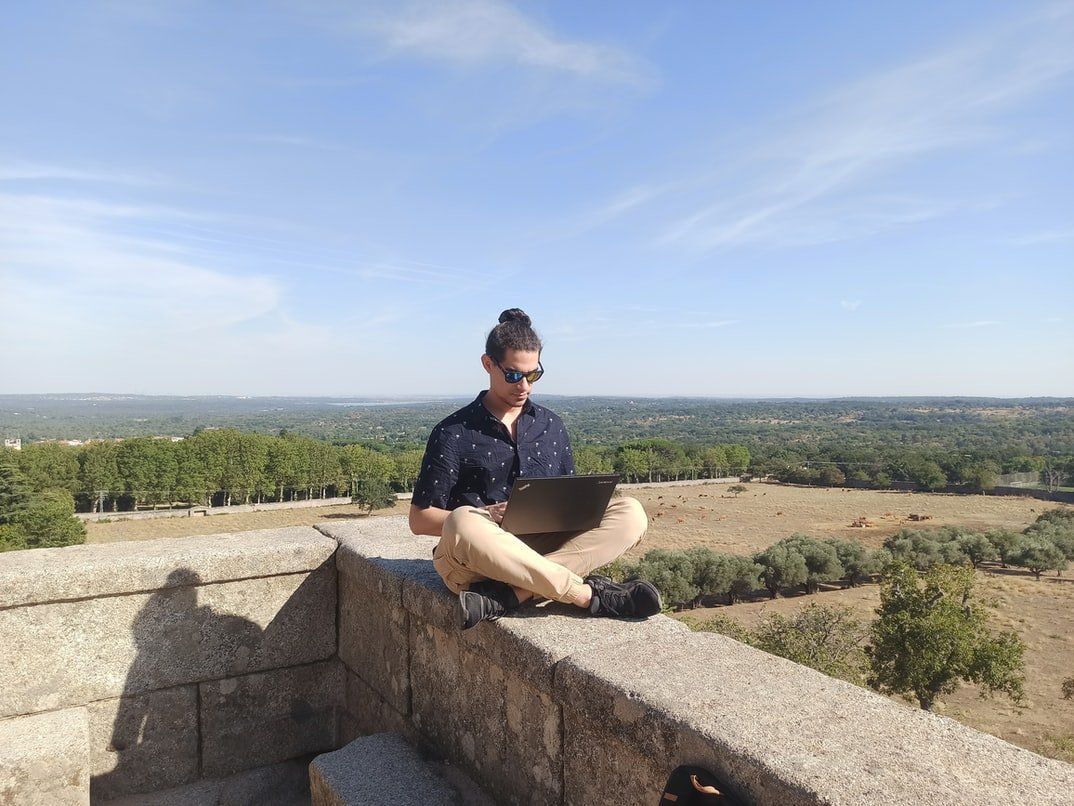Glamping, Workation, Staycation: trends in the eco-sustainability tourism
Have a look at the latest tourism trends!
EU ECO-TANDEM PROGRAMME | 28 October, 2021

Workation
During the pandemic, millions of people found themselves stopping going to work every day and turning their home into an office. Even companies that were sceptical about home office have realised in the meanwhile that working from home provides a better work-life balance for the employee, which in many cases improves productivity. This has led to an increase in the geographical flexibility of workers, who can work from anywhere in the world.
The tourism market has responded with Workation.
Why work in winter from a rainy Northern European country when you can go to the beach after working on the edge of the Mediterranean? Workation enables workers to relocate with their laptop for a short or mid-term period to a more inspiring location.
The Portuguese island of Madeira is among the forerunners in the workation and has recently launched the first village for 100 digital nomads. Guests of the village have access not only to free internet and coworking space, but also to networking activities, fun events and workshops. A distinctive feature of the Madeira Digital Nomands Village is the desire to create contacts between workers and locals, as well as the focus on the impact of workers on the environment.
Digital Nomad
Setting travel trends in stone during a global pandemic might be a stretch but there are still hints as to where the world of travel is headed, at least in the near future. One travel trend in particular has been gaining traction recently: workationing.

Staycation
The term Staycation refers to holidaying close to home. This type of holiday became very popular during the pandemic, due to the restrictions caused by Covid-19.
Holiday makers rediscovered tourist destinations close to home that they would never have considered before. It allows one to dedicate oneself to activities for which one has no time in everyday life.
The Staycation trend, however, has a longer history. The term was born after the 2008 crisis, when families had to limit their holiday spending and preferred destinations close to home in order to save on travel costs.
Staycation is a trend that is good for the wallet, and is a popular holiday format for students or low-income families. However, saving money is not the only benefit of staycation: avoiding air travel or long car journeys cuts down on carbon emissions for transport and avoids overloading already crowded motorways.
But the benefits don't end there: staycation helps to combat overtourism, promotes the economy of your region, reduces the stress caused by long journeys and allows you to do activities you don't have time for in everyday life.

